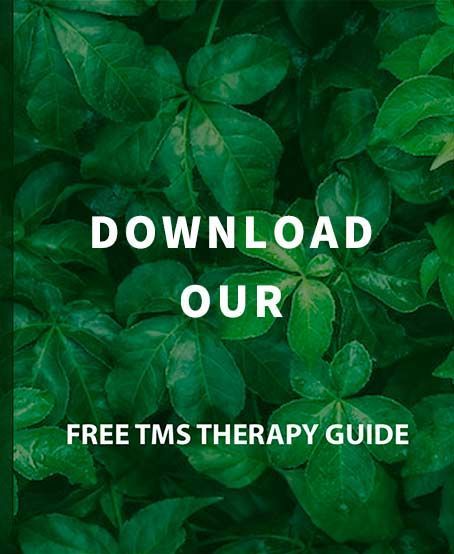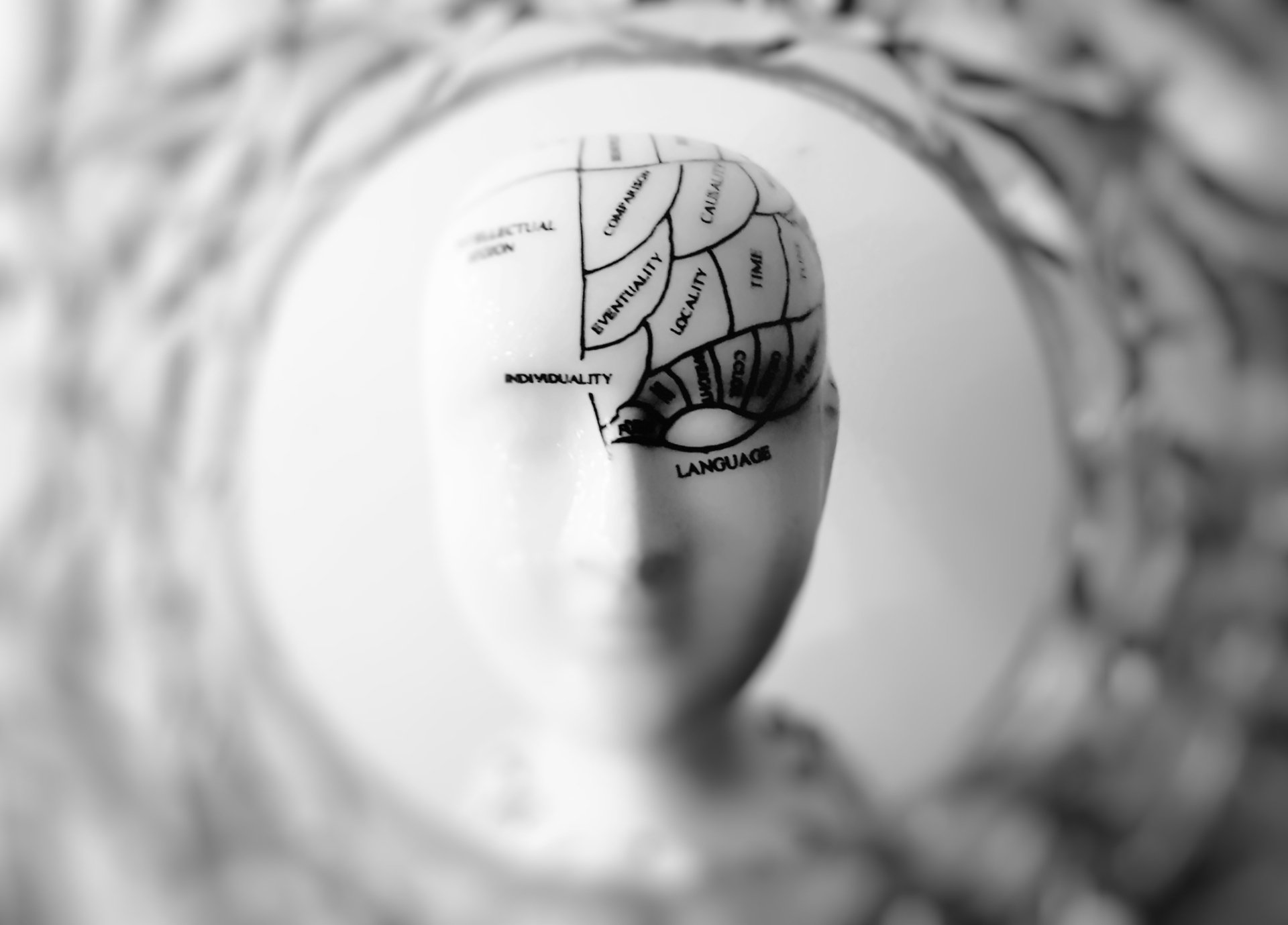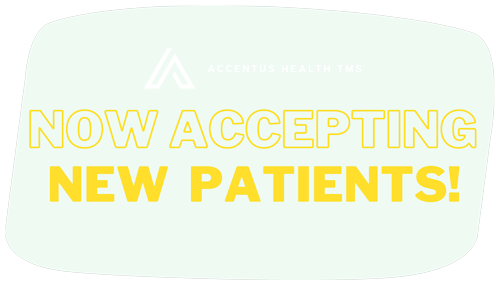Baby Blues vs. Postpartum Depression Guide for New Parents
Becoming a parent is an incredibly emotional experience. From the joy of holding your newborn for the first time to the overwhelming sense of responsibility, it’s a rollercoaster of feelings.
However, not all emotions that follow childbirth are positive, and many new mothers—and even fathers—may feel unexpected sadness or despair.
This post helps illuminate two common, yet often misunderstood, mood disorders following childbirth: the baby blues and postpartum depression.
Postpartum depression not only affects the parent but can also have significant implications for child development and the child's life. We’ll explore what they are, how they differ, and how to get help.
What are the Baby Blues?
The "baby blues" are a term used to describe the emotional changes many new mothers experience shortly after childbirth. They're extremely common, impacting up to 80% of mothers, according to the American Pregnancy Association. This emotional state often starts a few days after delivery and lasts for about two weeks.
Common Symptoms of the Baby Blues
- Mood swings
- Crying for no apparent reason
- Feeling overwhelmed
- Irritability or anxiety
- Difficulty sleeping, even when the baby is asleep
The baby blues are often attributed to the drastic hormonal changes that occur after pregnancy. A sudden drop in estrogen and progesterone levels, combined with exhaustion, sleep deprivation, and adjusting to the demands of a newborn, can leave new mothers feeling emotionally fragile.
While the baby blues are a temporary condition, they can feel daunting in the moment. If symptoms persist beyond two weeks, it’s important to consider the possibility of postpartum depression.
What is Postpartum Depression?
Unlike the baby blues, postpartum depression (PPD) is a more severe and long-lasting condition that impacts about 1 in 7 mothers, according to the American Psychological Association.
It can occur anytime during the first year after childbirth, and while it’s more common in women, fathers are not immune—dads can also experience PPD.
The challenges of being a depressed parent can extend beyond the individual, affecting family dynamics and the emotional well-being of children.
Symptoms of Postpartum Depression: Severe Mood Swings
The symptoms of PPD are more intense than those of the baby blues and can include:
- Persistent feelings of sadness or hopelessness
- Lack of interest or joy in activities, including bonding with the baby
- Intense fatigue or lack of energy
- Irritability or anger
- Difficulty concentrating or making decisions
- Withdrawing from loved ones
- Feelings of worthlessness or guilt
- Thoughts of self-harm or harming the baby
PPD can interfere with a parent's ability to care for their baby and themselves. It isn’t caused by a lack of love or effort—it’s a mental health condition that requires attention and care.
Baby Blues vs. Postpartum Depression – Key Differences
It’s important to understand the distinctions between the baby blues and postpartum depression:
| Feature | Baby Blues | Postpartum Depression |
|---|---|---|
| Duration | Typically lasts less than two weeks | Can persist for months, up to a year |
| Symptoms | Mild irritability, mood swings | Intense sadness, lack of joy, thoughts of self-harm |
| Impact on Functioning | Mild disruption to daily life | Major interference with daily life and caregiving |
| Treatment Required | Usually no formal treatment needed | Requires medical or therapeutic intervention |
If you’re unsure whether you or someone you love is experiencing the baby blues or PPD, it’s always better to err on the side of caution and reach out for professional guidance.
Factors That Increase the Risk of Untreated Postpartum Depression
While PPD can affect anyone, certain factors can increase the risk:
- History of Depression or Anxiety – Women with a history of mental health disorders are more likely to experience PPD.
- Stressful Life Events – Financial difficulties, relationship issues, or other stressors can contribute.
- Lack of Support – A lack of social or familial support can exacerbate feelings of isolation.
- Complicated Labor or Delivery – Trauma during childbirth may increase susceptibility.
- Hormonal Sensitivity – Some individuals are more sensitive to hormonal shifts, making them more prone to mood disorders.
Parents' depression, particularly when both parents are affected, can significantly influence a child's mental health and development.
It’s important to note that PPD is not a sign of weakness, failure, or poor parenting. It’s a medical condition that requires compassionate care.
Complications of Untreated Postpartum Depression
Untreated postpartum depression can have severe and long-lasting consequences for both the mother and the child. When a parent’s depression goes unaddressed, it can lead to a cascade of challenges that affect the entire family.
One of the most significant complications is impaired mother-child bonding. When a mother struggles with untreated postpartum depression, it can be difficult for her to connect with her baby, potentially leading to attachment disorders and emotional and behavioral problems in the child’s life. This lack of bonding can have lasting effects on the child’s development, impacting their cognitive, emotional, and social growth.
Another serious concern is the increased risk of child abuse. Depressed parents may find it harder to manage their emotions, leading to a higher likelihood of physical or emotional abuse. This not only harms the child but also exacerbates the parent’s depression, creating a vicious cycle.
Children of mothers with untreated postpartum depression are also at an increased risk of developing mental health problems themselves. Studies have shown that these children are more likely to experience depression and anxiety later in life, highlighting the importance of addressing parental mental health early on.
Untreated postpartum depression can strain relationships within the family. The mother’s depression can create tension and conflict with her partner, family members, and friends, leading to feelings of isolation and loneliness. This strain can further exacerbate the mother’s symptoms, making it even harder to seek help.
In some cases, untreated postpartum depression can lead to substance abuse as a coping mechanism. This not only puts the mother’s health at risk but also jeopardizes the well-being of her child and other family members.
Severe mood swings are another complication of untreated postpartum depression. These mood swings can be distressing for both the mother and her family, making it difficult to maintain a stable and supportive home environment.
In rare but severe cases, untreated postpartum depression can escalate to postpartum psychosis, a life-threatening condition that requires immediate medical attention. Postpartum psychosis can include symptoms such as hallucinations, delusions, and severe mood swings, posing a significant risk to both the mother and her child.
Given these potential complications, it’s crucial for new parents to seek help if they suspect they are experiencing postpartum depression. Early intervention can make a significant difference in the health and well-being of both the parent and the child.
Prevention of Postpartum Depression
While it may not be possible to completely prevent postpartum depression, there are several proactive steps that can help reduce the risk. By addressing potential risk factors and fostering a supportive environment, new parents can better manage their mental health during this challenging time.
One of the most effective strategies is screening for risk factors. Healthcare providers can identify individuals who may be at an increased risk of developing postpartum depression, such as those with a history of depression or anxiety. Early intervention and support can be crucial in these cases, helping to mitigate symptoms before they become more severe.
Counseling is another valuable tool in preventing postpartum depression. Therapies such as cognitive-behavioral therapy (CBT) and interpersonal therapy (IPT) can equip women with coping skills and strategies to manage their symptoms. These therapies can be particularly beneficial for those who have a family history of mental health issues, as they provide a structured approach to addressing emotional challenges.
Joining a support group can also make a significant difference. Connecting with other parents who are going through similar experiences can provide a sense of community and reduce feelings of isolation. Support groups offer a safe space to share concerns, gain insights, and receive encouragement from others who understand the unique challenges of new parenthood.
Self-care is another essential component of preventing postpartum depression. Engaging in activities that promote mental well-being, such as exercise, meditation, and spending time with loved ones, can help reduce stress and improve overall mood. It’s important for new parents to prioritize their own health and well-being, even amidst the demands of caring for a newborn.
Having a supportive partner can also play a crucial role in reducing the risk of postpartum depression. Partners can provide emotional support, assist with childcare tasks, and help create a nurturing environment. Open communication and shared responsibilities can alleviate some of the pressures that new parents face.
Finally, awareness of family history is important. Women with a family history of depression or anxiety should be mindful of their increased risk and take proactive steps to manage their symptoms. This might include regular check-ins with a healthcare provider, engaging in preventive counseling, or joining a support group.
By taking these steps, new parents can create a supportive and proactive approach to managing their mental health, reducing the risk of postpartum depression and promoting a healthier, happier family environment.
Where and How to Seek Help
Recognizing a mood disorder is the first step toward recovery. Here are some practical ways to seek help:
Talk to Your Mental Health Provider
Schedule an appointment with your OB-GYN, pediatrician, or primary care doctor. They can help assess your symptoms and may recommend treatments such as therapy, medication, or both.
Seek Therapy
Therapies like cognitive-behavioral therapy (CBT) have been shown to be highly effective to treat depression, including PPD. A licensed counselor or therapist can help you work through your emotions and develop coping strategies.
Join Support Groups
Connecting with other parents who have shared similar experiences can be incredibly validating. Organizations like Postpartum Support International (PSI) offer online and in-person groups.
Build a Support System
Don’t hesitate to lean on family and friends for help with childcare tasks, errands, or just emotional support. A strong support network can ease your burden.
Consider Medication
If your symptoms are severe or persistent, antidepressants may be recommended. Be open with your doctor about any concerns, especially if you’re breastfeeding.
Online Resources and Support Groups
Navigating postpartum depression can be challenging, but there are numerous online resources and support groups available to help. These platforms offer valuable information, community support, and practical advice for new parents dealing with parental depression.
Postpartum Support International (PSI) is a non-profit organization dedicated to helping women and families suffering from postpartum depression. PSI offers online support groups, educational resources, and a helpline to connect parents with trained volunteers who can provide support and guidance.
The National Alliance on Mental Illness (NAMI) is another excellent resource. NAMI provides online support groups, educational materials, and advocacy for individuals dealing with mental health issues, including postpartum depression. Their resources can help parents understand their condition and find the support they need.
The Postpartum Depression Alliance is an online support group that offers resources, education, and community support for women experiencing postpartum depression. This platform provides a safe space for parents to share their experiences and receive encouragement from others who understand their struggles.
The Mayo Clinic is a reputable online resource that offers comprehensive information on postpartum depression. Their website includes articles, videos, and expert advice on recognizing symptoms, seeking treatment, and managing the condition. The Mayo Clinic’s resources can help parents make informed decisions about their mental health care.
While these online resources and support groups can be incredibly helpful, it’s essential to remember that they should not replace professional medical care. If you or a loved one is experiencing postpartum depression, it’s crucial to seek help from a mental health provider. A qualified professional can provide personalized treatment and support, helping you navigate this challenging time and work towards recovery.
By utilizing these resources and seeking professional help, new parents can find the support they need to manage postpartum depression and promote their mental well-being.
Support for Fathers and Partners
It’s critical to acknowledge the role fathers and partners play in navigating postpartum mood disorders. Fathers can also experience depression after the arrival of a child, with an estimated 10% struggling with paternal postpartum depression.
The symptoms might manifest as irritability, fatigue, or withdrawal from family. Partners should also seek support for their mental health and speak up if they notice worrying changes in the mother.
Creating a Dialogue About Mental Health
One of the biggest hurdles to seeking help for postpartum mood disorders is the stigma surrounding mental health. Many parents feel they need to "tough it out" or keep their struggles private. However, breaking the silence and fostering open conversations about PPD can save lives.
If you’re a friend or family member of someone who has given birth recently, check in on them often. Ask open-ended questions like, “How have you been feeling?” or "How can I support you?"
The Path to Healing
Experiencing the baby blues or postpartum depression doesn’t make you a bad parent—it makes you human.
Just like the changes your body undergoes during pregnancy, your brain and emotions can undergo changes too. The important thing is recognizing when something feels off and taking steps to seek help.
If you're a new parent or expecting mother, remember that you’re not alone on this journey. With the right support system and tools, you'll find your way back to yourself while enjoying the precious moments that come with parenting.

Ready to take the next step in your mental health journey?
At Accentus Health, we are committed to providing compassionate and comprehensive mental health care tailored to your unique needs.
Whether you are seeking the expertise of a psychiatrist for medication management or the support of a therapist for talk therapy, our team of dedicated professionals is here to help you every step of the way.
Contact us to take the first step towards a healthier, happier you with Accentus Health.
Cited Source:
- Wainwright, Sam et al. “Screening fathers for postpartum depression in a maternal-child health clinic: a program evaluation in a midwest urban academic medical center.” BMC pregnancy and childbirth vol. 23,1 675. 19 Sep. 2023, doi:10.1186/s12884-023-05966-y
Local to Indianapolis? Call us to discuss your options.
(317) 721-4169
QUICK LINKS
FREE CONSULTATION
Experiencing depression or a neurological disorder? Remember, you are not alone. Get help today!

TMS THERAPY CAN HELP WITH:
- Depression
- Lack of Joy
- Sadness and Despair
- Low Mood
- Lethargy
- Insomnia
- Oversleeping
- Social Isolation
- Self-Harm
- Substance Abuse
- Suicidal Ideation
- Alcoholism















